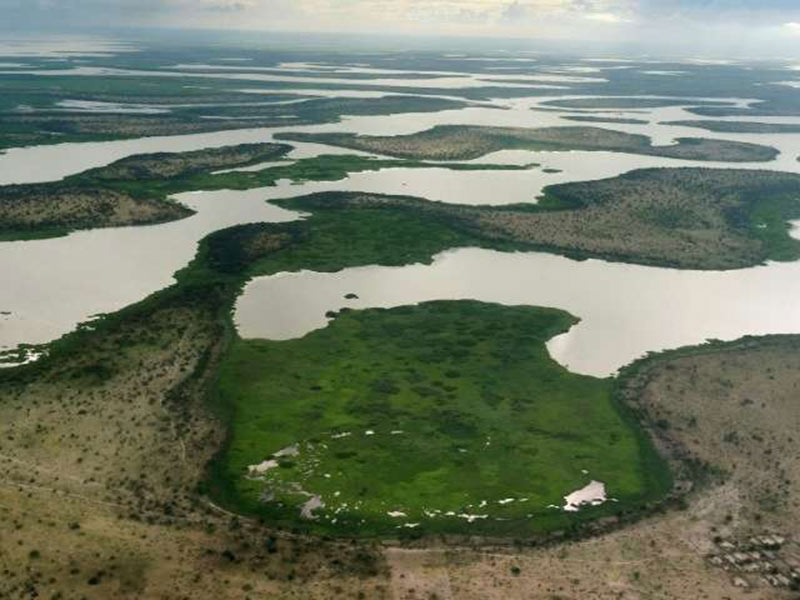
President Muhammadu Buhari of Nigeria told the United Nations Climate Action Summit in New York last month that the Lake Chad basin has shrunk significantly due to climate change, depriving many people of their livelihood in the region. Numerous Twitter users challenged the president’s statement by claiming research showed the lake was not shrinking. AFP checked the latest international report on the issue and found that while Lake Chad has shrunk significantly in the past, the shrinking has stopped in recent years.
“As you are aware, the Lake Chad Basin, which used to be a region of productivity, food security and wealth for an estimated 40 million citizens living around the lake basin, has shrunk significantly from its original size due to climate change,” President Buhari said in his speech to the UN on September 23.